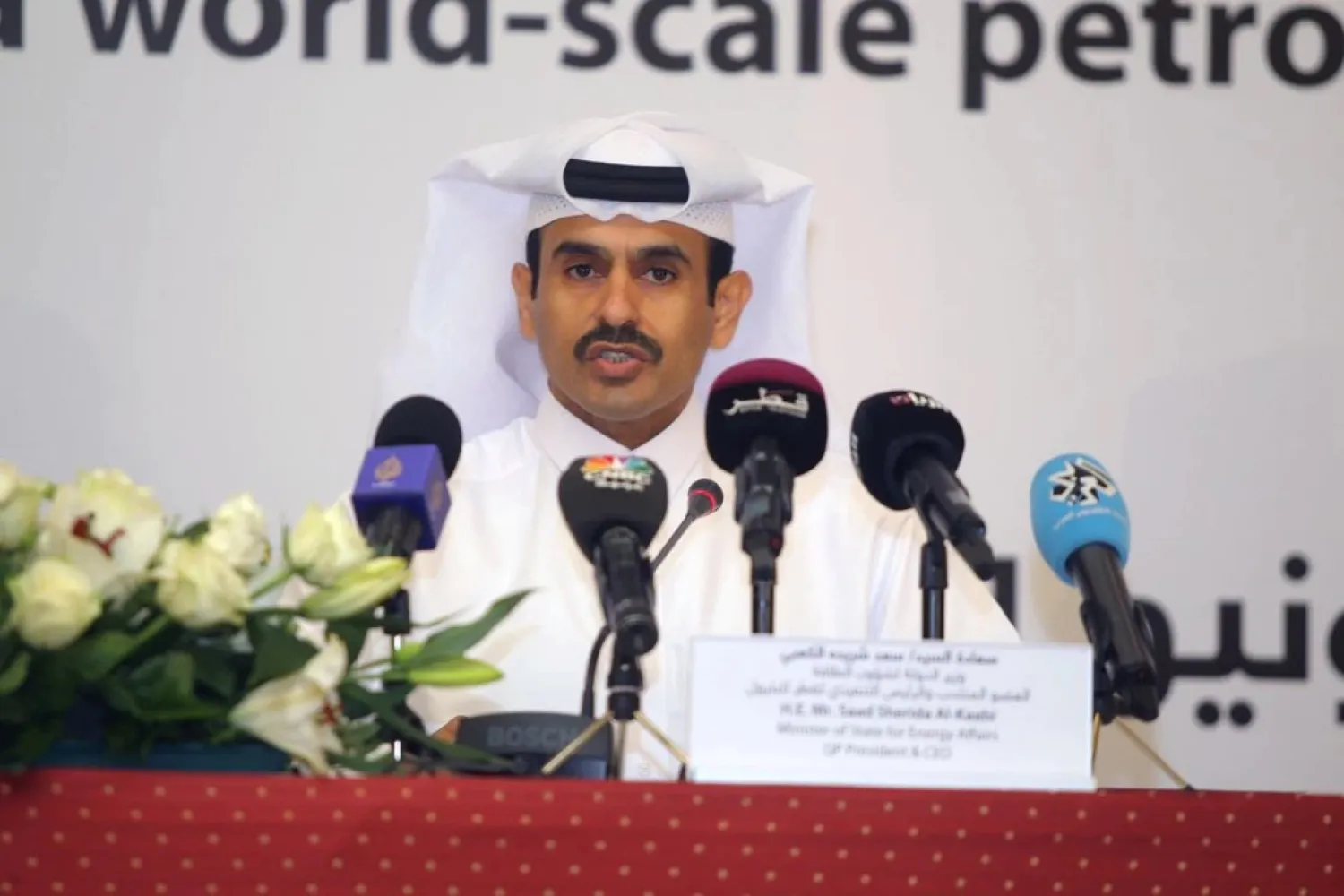Saad al-Kaabi, Qatar’s Minister of State for Energy Affairs, Managing Director and CEO of Qatar Petroleum, announced the change of the company’s name to Qatar Energy, to reflect a broader energy strategy.
The minister said that the state-owned company does not intend to offer its assets to investors to raise funds, explaining: “We have great liquidity.”
He also pointed to a new strategy that will focus on energy efficiency and environmentally friendly technology such as carbon dioxide capture technology.
In a press conference on Monday, Al-Kaabi said that he was not happy with the high gas prices, explaining that his country could not help mitigate this sharp rise because it had allocated all of its production and believed high prices were destroying demand, Bloomberg reported.
“We have reached the limit as far as we have given all of our customers their due quantities,” Kaabi said, adding that he expected gas prices to decline slightly as some factories return to operation and Russia pledges to increase supplies to Europe.
“I am not happy with the gas prices being high,” he said, stressing that the US market would “feel the pressure soon” and that customers were already seeing the effects by paying more for electricity.
“The lesson is more long-term trades. Even if I can take advantage of short-term spikes like this, I don’t like it because it is ruinous to demand,” he underlined.
Qatar aims to increase LNG production to 127 million tons per year by 2027 from 77 million tons.
In February, Al-Kaabi told Reuters that the state-owned Qatar Oil Company would still mainly use long-term price contracts as it ramped up its production.
He added that Qatar Energy would not speed up the timetable for expanding the North Field to meet the high demand for gas.










